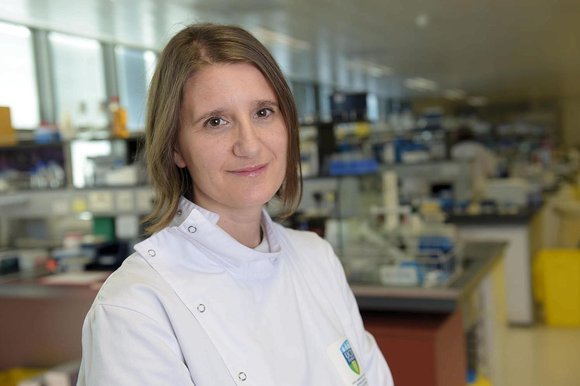
Dr. Maria Prencipe was awarded her Degree in Biology with a major in Biochemistry and Molecular Biology from L’Aquila University, Italy. After 3 years as a research scientist in the research hospital “Casa Sollievo della Sofferenza”, San Giovanni Rotondo, Italy, she moved to Ireland where she was awarded her PhD in Cancer Biology from University College Dublin, studying the mechanisms of resistance to taxane treatment in breast and ovarian cancer. As a postdoctoral fellow within the SFI funded Molecular Therapeutic for Cancer Ireland (MTCI) research cluster, she studied the molecular mechanisms of resistance to advanced prostate cancer treatments, identifying novel transcription factors as potential new therapies. She was awarded an Irish Cancer Society research fellowship in 2012 to carry on her work on transcription factors’ role in hormone-driven cancers such as prostate and breast cancer. Maria recently joined Professor John Crown’s research team as a senior research fellow. Her research interests focus on the mechanisms of resistance to hormone therapy in breast cancer with the goal of identifying novel and more effective treatments especially for triple negative breast cancer.
 Dr. Sarah Foley studied Biotechnology at the National University of Ireland, Galway (NUIG) where she was awarded Fist Class Honours. She then pursued a Ph.D in Biochemistry in NUIG focused on extraction of complex sugars from seaweed and investigation of their potential anti-cancer activities. After graduating, Sarah moved to Japan to begin work with a drug discovery company where her research involved drug metabolism and transport. She then moved to the U.K. to further her knowledge in this field working with drugs from various therapeutic areas. In 2018, she moved back to Ireland and took up a post-doctoral research position at UCD/SVUH. Having always had a keen interest in cancer biology, she was eager to find a position where she could work closely to clinical trials. The aim of her current project is to develop and validate a new targeted therapy for breast cancer, with a particular focus on triple-negative disease (TNBC).
Dr. Sarah Foley studied Biotechnology at the National University of Ireland, Galway (NUIG) where she was awarded Fist Class Honours. She then pursued a Ph.D in Biochemistry in NUIG focused on extraction of complex sugars from seaweed and investigation of their potential anti-cancer activities. After graduating, Sarah moved to Japan to begin work with a drug discovery company where her research involved drug metabolism and transport. She then moved to the U.K. to further her knowledge in this field working with drugs from various therapeutic areas. In 2018, she moved back to Ireland and took up a post-doctoral research position at UCD/SVUH. Having always had a keen interest in cancer biology, she was eager to find a position where she could work closely to clinical trials. The aim of her current project is to develop and validate a new targeted therapy for breast cancer, with a particular focus on triple-negative disease (TNBC).


